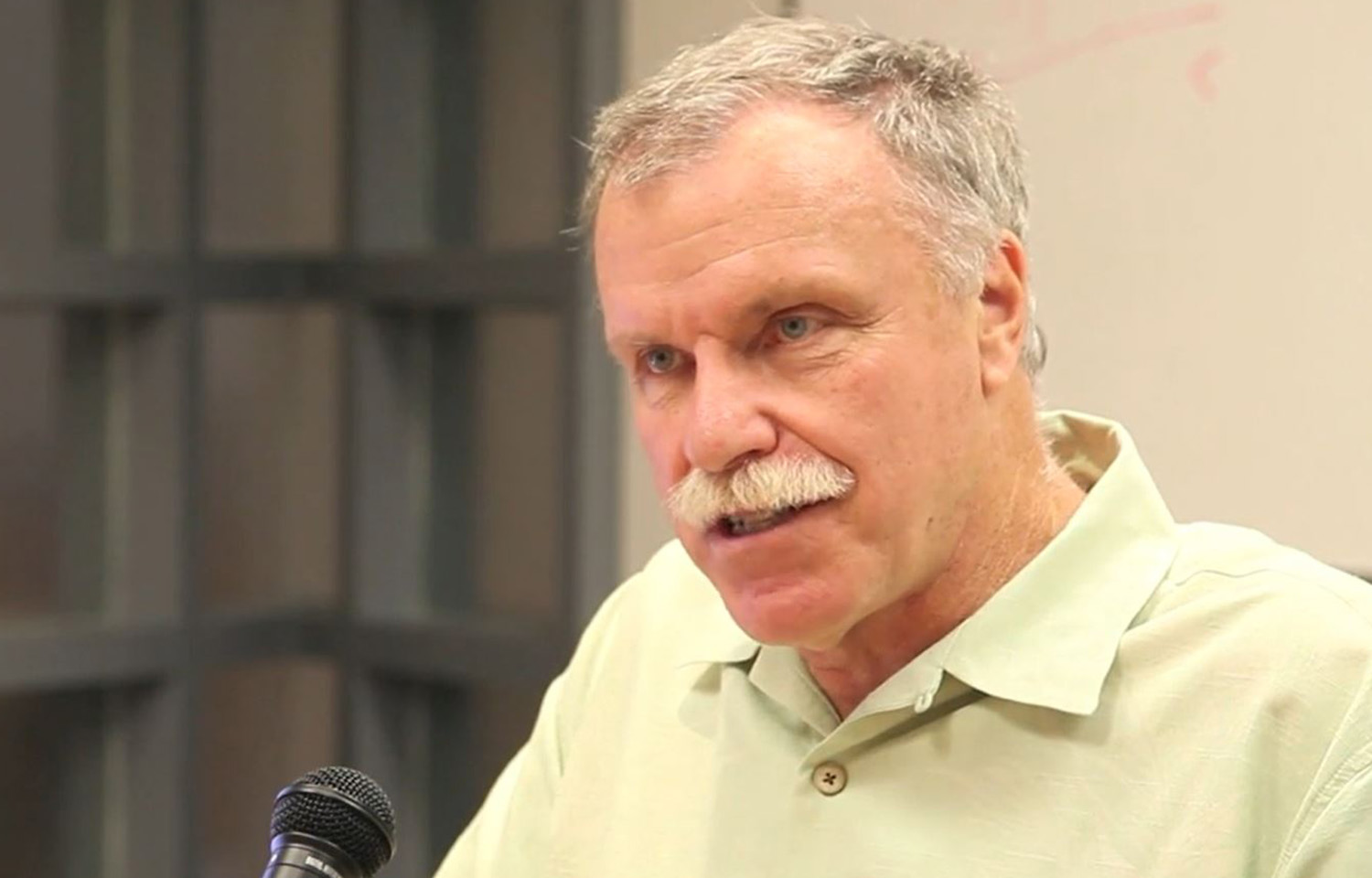Ray Hilborn has a doctorate from the University of British Columbia and is a professor at the University of Washington’s School of Aquatic and Fishery Sciences. He is a fellow of the Royal Society of Canada, the American Academy of Arts and Sciences, and the Washington State Academy of Sciences. He has been awarded the Volvo Environmental Prize and the International Fisheries Science Prize, and has published over 300 papers in peer-reviewed scientific journals.
Marine fisheries in British Columbia, Canada, not only provide excellent seafood for Canadians, they also employ thousands of people and support small coastal communities, and yet these fisheries are seen to be in trouble, the industry is vilified, and immediate action is demanded.
This immediate action, proposed by Daniel Pauly’s op-ed in the Vancouver Sun, demands the closure of large areas of the B.C. coast to fishing via the creation of marine protected areas, but is based on two erroneous assumptions: that bottom trawling is destroying the bottom of the ocean and reducing its productivity, and that overfishing threatens B.C. marine fisheries.
What about those bottom trawlers? Trawlers go where they can safely put their nets and find fish. And the same 5 percent of B.C.’s bottom habitat that is trawled year after year. Bottom trawlers do not clearcut the ocean, they stick to the same 5 percent each year. They do not trawl in kelp forests, nor on seagrasses. The 5 percent of B.C. coast that is trawled is primarily on muddy and sandy bottom.
Commercial fishing in B.C. is strictly regulated by the government that annually allocates how many fish can be harvested. The government is cautious – the yearly allocation is lower than what could be harvested, yet the fishery would still be sustainable. As a result, there is not one marine fish stock in B.C. that is fished too hard. On average, the amount harvested is still only one-third of the amount that would produce the most food.
Salmon and herring have certainly declined in B.C. Salmon populations are not going to be impacted by proposed MPAs, and major herring populations have not been fished in 20 years, yet they have still declined. How is closing areas to fishing going to help when they are not being fished? Commercial overfishing is not a problem for B.C. marine fish.
Urban British Columbians have noticed a decline in salmon and shellfish at their Gulf Island properties. Pauly claims that rockfish have declined in the last 30 years, but this is simply not true. A 2022 report on the status of West Coast fish stocks by DFO staff states “Over the last two decades, survey indices increased for 70 percent of stocks, remained neutral for 15 percent, and declined for 15 percent stocks.”
And still, there is that dream of marine protected areas (MPAs) to solve the non-existing overfishing problem by closing vast tracts of the B.C. coast to fishing. In areas where fisheries are poorly or not at all regulated and overfishing is rampant, MPAs can indeed benefit stocks and food production. But in B.C., where fishing is strictly regulated and only a third of what could be sustainably fished is allocated, MPAs are of no benefit other than feel-good bragging rights of having bigger ones than the neighbors.
An extensive network of MPAs in the U.S. state of California has shown disappointing results. There is no evidence that they have increased the abundance of fish. Certainly, there are more fish inside the MPAs, but fewer fish outside, with no net gain. Recent reviews found no benefits in overall biodiversity, nor in climate resilience. MPAs are not cheap, California has spent at least USD 30 million (EUR 27.6 million) to set up and manage their MPAs. The disappointing outcome in California, they are a downright waste of money. Why, then, would B.C. need a whole, expensive string of them?
There is no doubt that the marine ecosystems of B.C. are truly under threat from global warming, invasive species, coastal development, and land-based runoff. That is where money and effort should be directed. MPAs are an illusion, a false sense of security, an imaginary protection of the ocean.
Yes, there will be results if large areas of B.C. are closed to fishing; a massive waste of money and effort, years of cantankerous negotiations, less seafood for Canadians and fewer jobs in small communities.







